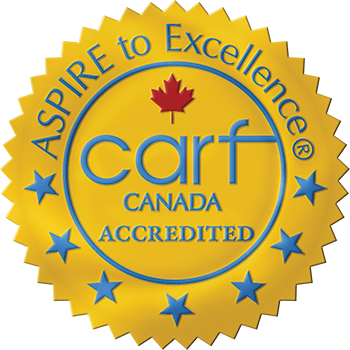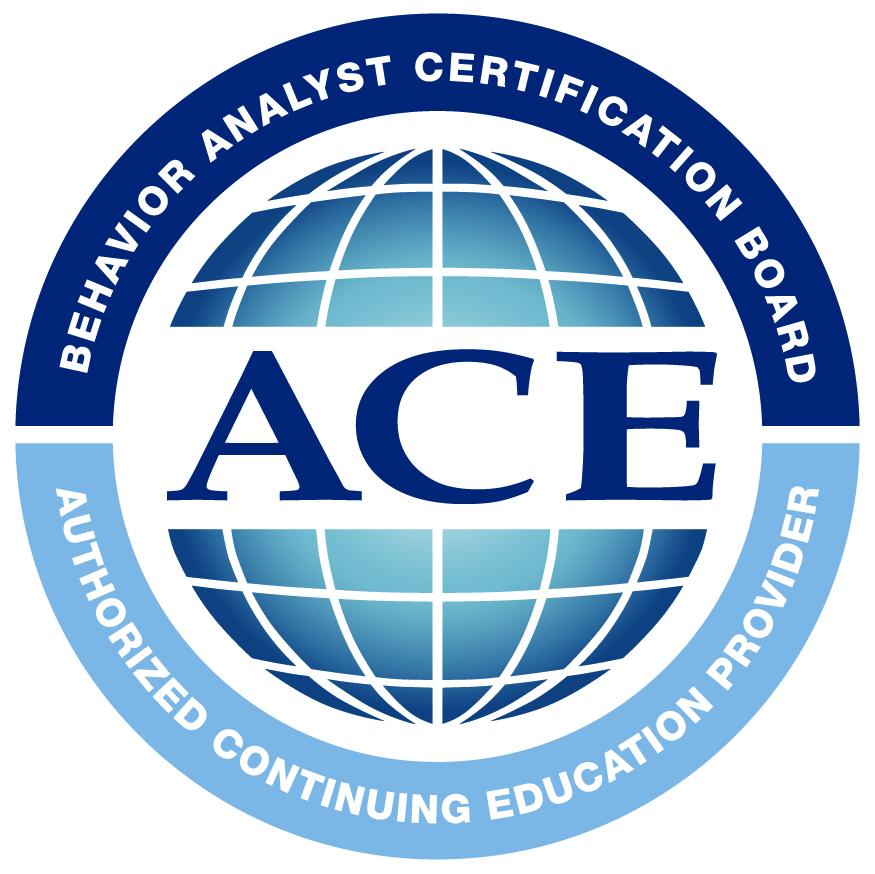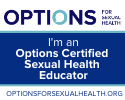UBC hosts broad inclusion conversation
Michelle Strutzenberger
She’s become renowned for leading some significant change as a disability rights advocate, and this week Barb Goode had a chance to speak about what’s worked for her with various groups that are seeking more justice and inclusion for all in society.
The University of British Columbia Centre for Inclusion and Citizenship hosted the dialogue, and there was a mix of voices present, including those from the women’s and disability movements.
The intent was to sharpen people’s understanding around what citizenship and inclusion really mean. People also wanted to think about possibilities for these various groups to work together more.
Topics for the day included:
— Equality rights in Canada
— legal tools like the Canadian Charter of Rights and Freedoms and the United Nations Convention on the Rights of Persons with Disabilities
— implementing rights-based policy and practice.
Legal experts in Constitutional law, policy makers, teachers and self advocates presented. In-between sessions, attendees had deep conversations about how to support an individual in exercising his or her rights.
Speaking before the event, Barb said she intended to repeat a message she’s been promoting for more than 30 years.
“I want to show in a way that more people understand that everybody has the same rights as everybody else and responsibilities come with that,” Barb said.
‘But we have to work together.”
She was also going to advocate for the broad use of plain language “so everybody can understand.”
“That’s really important to me,” said Barb, whose rich history of advocacy includes sparking the move to plain language legislation in British Columbia.
She also worked on the ground-breaking Rights Now project in B.C., a grassroots movement organizing people who have a disability to speak up for their rights. In 1986 she led the Supreme Court intervention in a B.C. case that eventually led to a decision that prevents the sterilization of people with intellectual disabilities for non-medical reasons.
Her strength for all this, she said, has come in large part from friends, acquaintances and family, and being willing to ask for help from them.
If there’s anything she’d like to see people take away from knowing her, it would be to just “accept people for who they are,” Barb added.
If everyone were doing that — just offering that basic acceptance — more would “get along and we wouldn’t be treating some people differently.”
PosAbilities director of community engagement Monique Nelson attended the gathering this week and says it yielded some important insights, including those Barb said she intended to underscore.
There were some positive realizations through the day’s discussion, such as that the language people want to see in documents like the United Nations Convention is there by and large.
However, other realizations were more disturbing — people with disabilities still bump into many systemic challenges or constraints, for example.
“For some, it may be tempting to trade in their rights to accept the support services that are offered,” Monique notes.
“The complexity of putting rights into practice may include balancing one’s autonomy with the potential for harm to the individual or the greater public, and in consideration of other laws such as privacy law.”
The developmental services sector’s support structure was designed prior to the adoption of the convention and was not rights driven — which is partly to blame for some of these challenges.
However, the good news is that governments are working towards progressive realization of all of the articles.
“We need to assist government with setting priorities for putting these rights into practice,” says Monique, noting the Canadian Association of Community Living is actively working on this.
The day flew by with more questions and challenges arising than answers, but that is expected, as these forums are for sharing ideas and working towards a stronger movement.
In all of this, collective action in securing people’s rights in structure, policy and practice is paramount, Monique says, echoing a key theme of the day.
“Even though emancipation begins and ends with the individuals, he or she has only collective means of ensuring its progress,” she says, referring to a quote from the book Intolerance: The Parameters of Oppression that presenter Dr. Tim Stainton also noted.
Or, as Barb put it, “we have to work together.”
The next forum will be on February 25, and the topic is Defining our Future.
To register, visit this link.
To learn more, please visit the following web sites:
posAbilities Charter of Rights for Children and Adults
UBC Centre for Inclusion and Citizenship – presentations from this workshop
Blog “Normal is a Dryer Setting”
You can comment on this story below, or e-mail michelle(at)axiomnews.ca.










